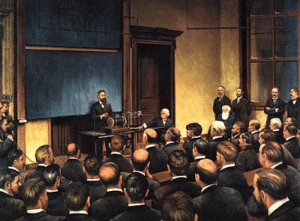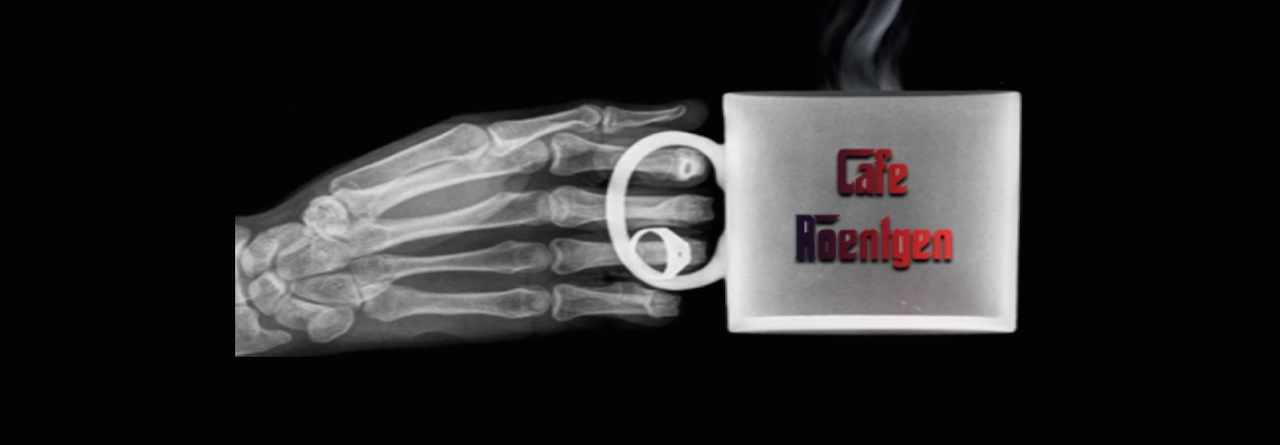What exactly is trivia? Here is how the Cambridge dictionary defines trivia.
trivia (noun): unimportant or little-known details or information
Trivia is different from general knowledge in that it is not a ‘must know’ or ‘good to know’; it is more of a ‘may know if interested, but unlikely to help you in any objective way’ category. For example, that Mumbai is the capital of Maharashtra is general knowledge, but how Mumbai or Bombay got its name is trivia (Mumbai got its name from the local Koli goddess Mumba Devi, while ‘bom bahia’ or ’bom bain’ is ‘good bay’ in Portuguese – for Mumbai’s great harbour).
Definitions can however sometimes hide more than they explain. An interest in trivia indicates much more than just an interest in unimportant or little-known facts. It indicates an interest in knowing the story behind the fact, and in understanding origins and connections. People who enjoy trivia are people who won’t rest till their curiosity is satisfied. As Tyrion Lannister states in the final episode of Game of Thrones, ‘There’s nothing in the world more powerful than a good story.’ Indeed, knowing the story behind the fact makes both the person and the fact that much more interesting, while also often allowing a deeper insight into the topic.
This is true in every field, but even more so in science and medicine. For example, everyone knows that Alexander Fleming discovered penicillin, but the story of how good fortune played a big role in the discovery teaches us the role of serendipity in everything we do and reminds us to remain humble despite our achievements. The story of how Barry Marshal and Robin Warren won the Nobel Prize for proving the role of H Pylori in causing peptic ulcer disease, against all prevailing beliefs, teaches us how it is important to remain skeptical of existing dogma and beliefs. Closer home in radiology, we all know that Godfrey Hounsfield invented the CT scanner. Those who enjoy trivia would also be aware that he worked for the music label company EMI (which owned Abbey Road Studios – The Beatles studio), and that it was EMI which funded his research. That a music company was willing to fund such medical research demonstrates how important it is to go beyond our conventional roles as radiologists and remove the blinders that the education system often ends up enforcing on us. And that it funded the research through money earned from the Beatles gives us a connection which is thrilling to say the least. I enjoy listening to music while reporting, but now can also justifiably view my listening to music as a potential investment into better medical technology in the future!
Someone interested in trivia and in stories and connections undoubtedly has an upper hand in the everyday practice of medicine as well. Such a person ends up focusing more on the patient’s story beyond the written requisition to get a holistic picture. If the history provided does not match the findings, the innate inquisitiveness of such a person forces him/her to dig deeper. Such persistence often ends up leading to appropriate management.
For example, we recently had a 32-year-old patient previously treated for rectal cancer come in for a follow-up CT scan after successful tumour resection. The scan revealed two new soft tissue deposits in the peritoneum along the flanks, a concerning sign for potential cancer recurrence. However, the patient’s normal tumour markers and absence of other peritoneal abnormalities raised doubts. We dug deeper into her history – she had been treated with neo-adjuvant chemoradiation, followed by surgery – as is the norm. The electronic medical records had no more relevant details. Still not satisfied, we went through the operative notes – and lo and behold! We discovered that she had undergone ovarian transposition before radiation therapy, to preserve her ovarian function! These ‘new deposits’ were, in fact, the transposed ovaries! The initial alarm was averted, and the final report confirmed the absence of recurrent or metastatic disease. The patient went home happy.
Diagnostic medicine, including radiology, is essentially the art of connecting the dots to reach a diagnosis. Some dots are easily available, like the tumor markers and the basic history in this case. But there are often hidden dots, like the history of ovarian transposition, which need to be actively hunted down to get the whole picture. Someone who has a knack of actively searching for and connecting such dots is bound to be a better physician!
Thus, notwithstanding what the dictionary definition states, trivia, or more specifically an intellectual interest in trivia, is anything but trivial.
To go back to Game of Thrones, Tyrion Lannister expounds on the power of a good story to support the claim of Bran to the Iron Throne. He calls him ‘the keeper of all our stories. The wars, weddings, births, massacres, famines, our triumphs, our defeats, our past. Who better to lead us into the future?’ he states.
We too are starting a new section at the Café, on curiosities and trivia in radiology, a repository to many interesting radiology stories. Dr Anmol Dhawan, a passionate radiologist and a trivia aficionado, will be curating this section. We hope that everyone enjoys and gets as enriched and enthused by the stories as we have! Do follow us to get updates on the stories as and when they get posted, and feel free to contribute as well if you have something interesting and, shall we say, ‘trivial’, to share, at caferoentgen@gmail.com.
– Akshay Baheti


Very true and captivating !
LikeLike